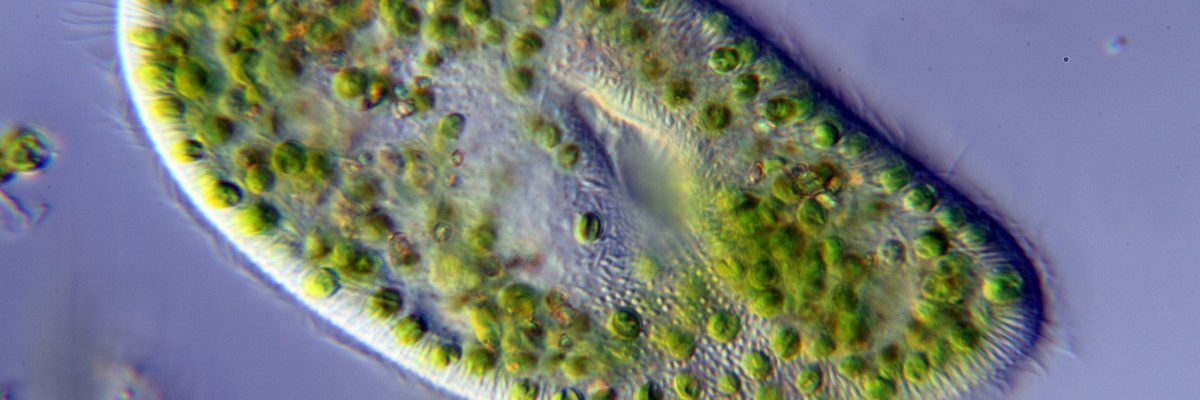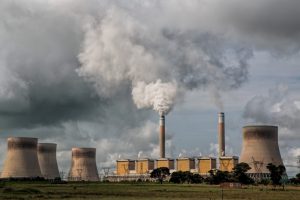The microbial bacteria Paramecium bursaria, which is found in great numbers in the ocean and freshwater lakes and is believed to be the most common plankton, can go from photosynthesis to feeding as temperatures rise. Photosynthesis means absorbing carbon dioxide from the air and releasing oxygen, while feeding’s output is carbon dioxide. Global warming can turn these bacteria’s consumption habits and increase carbon dioxide emissions.
Photo by: https://commons.wikimedia.org/wiki/File:Paramecium_bursaria.jpg



